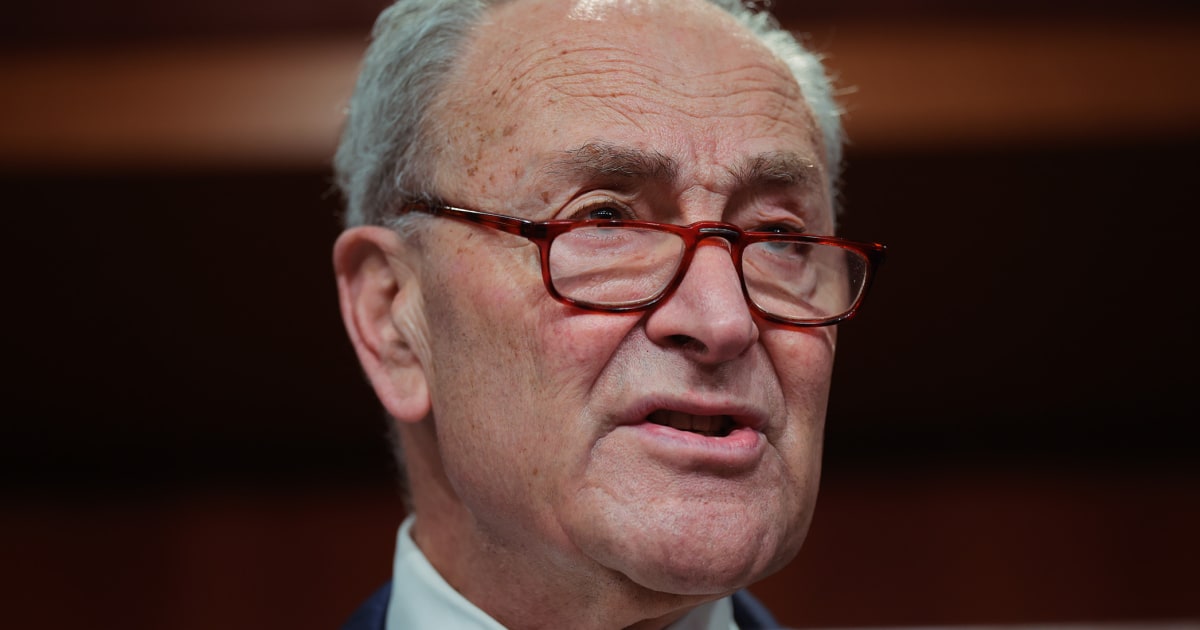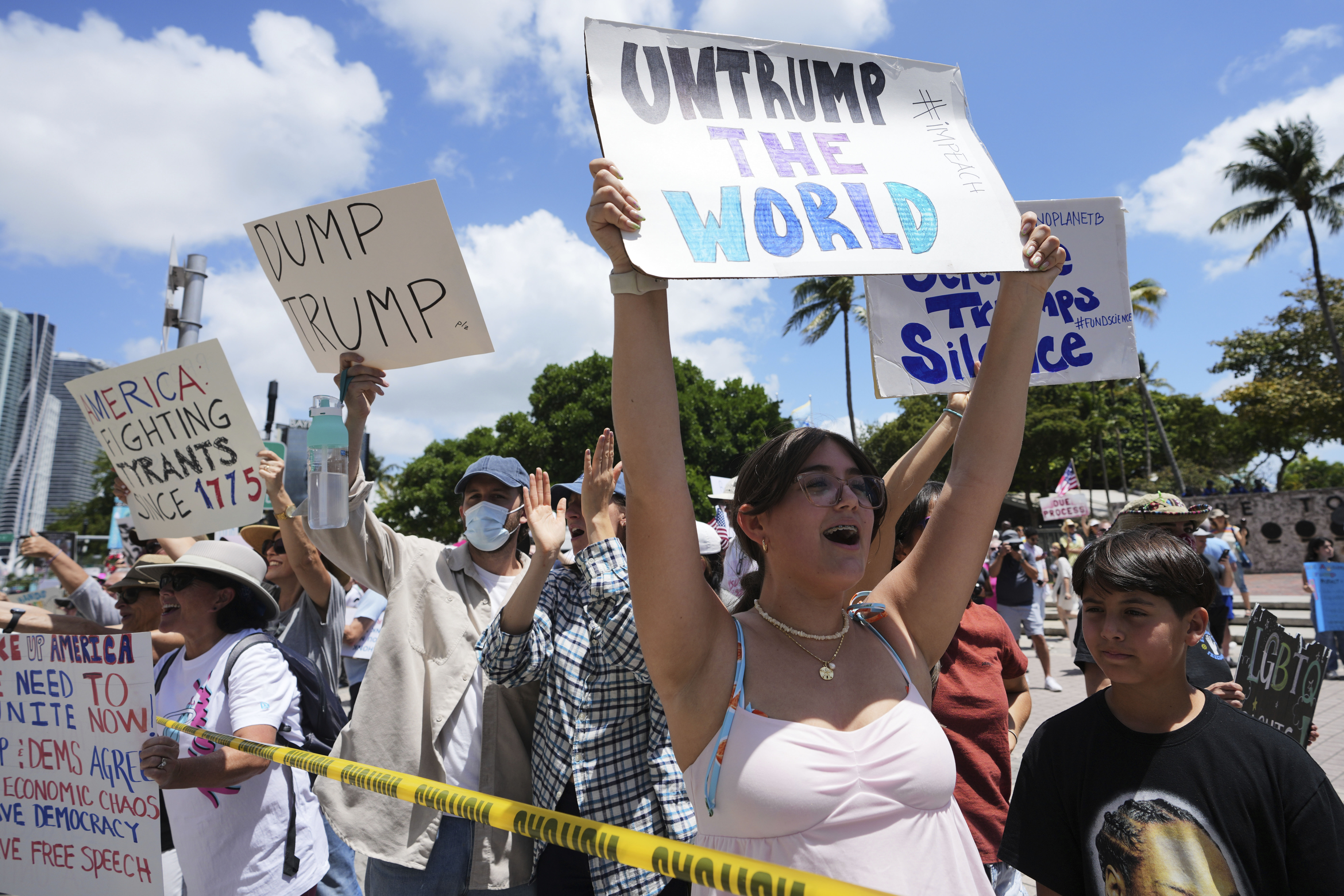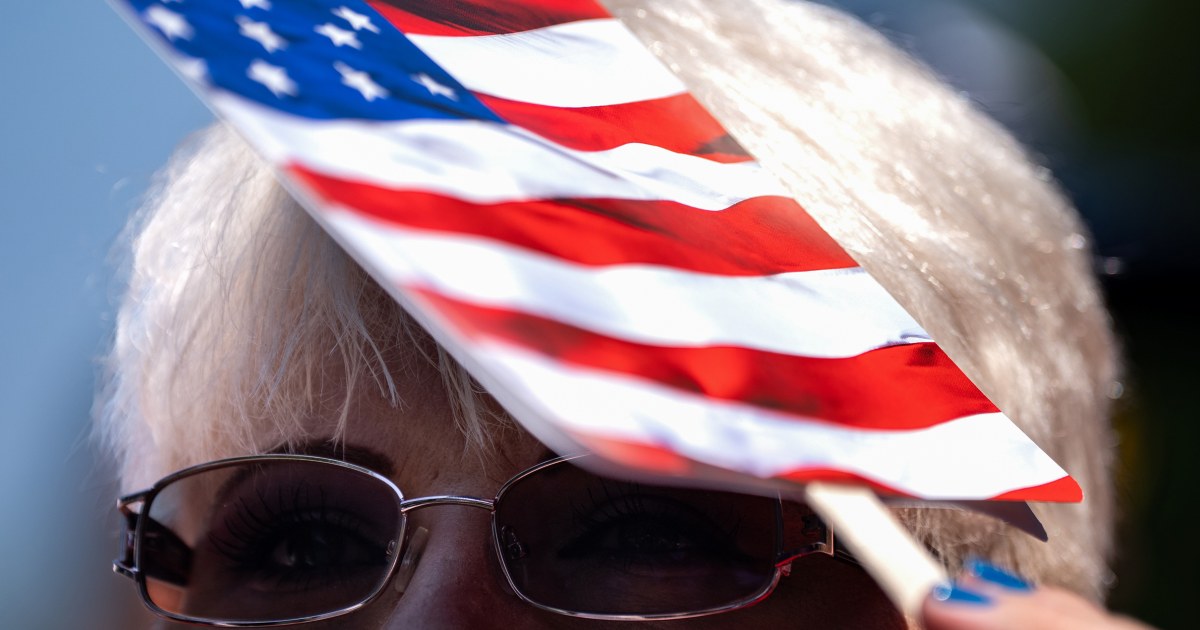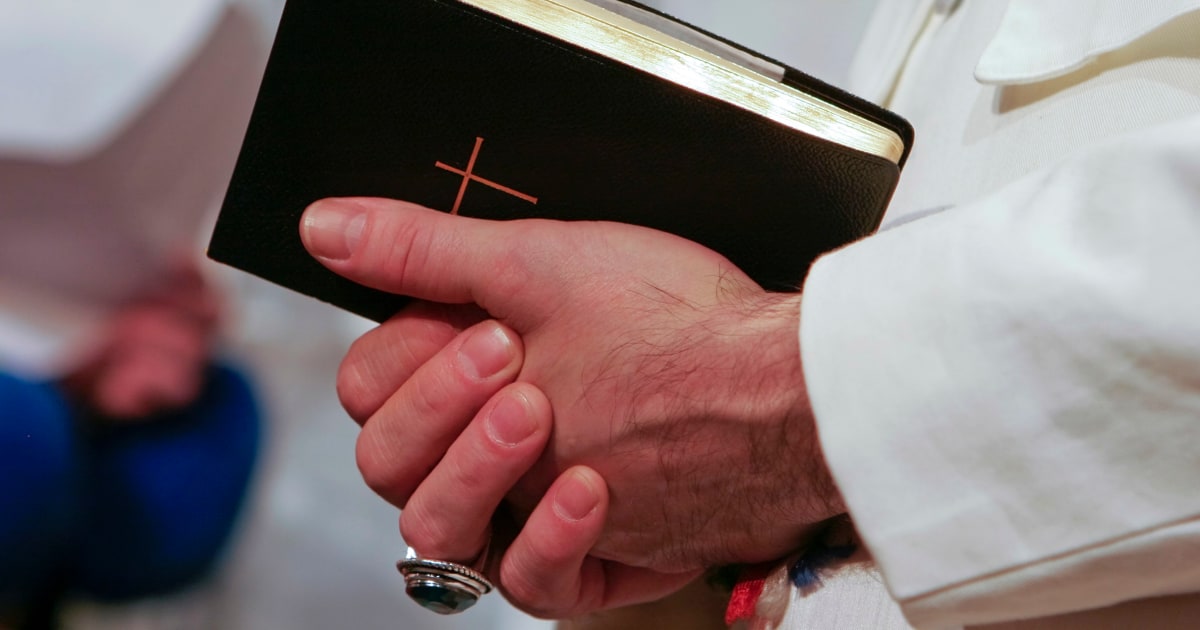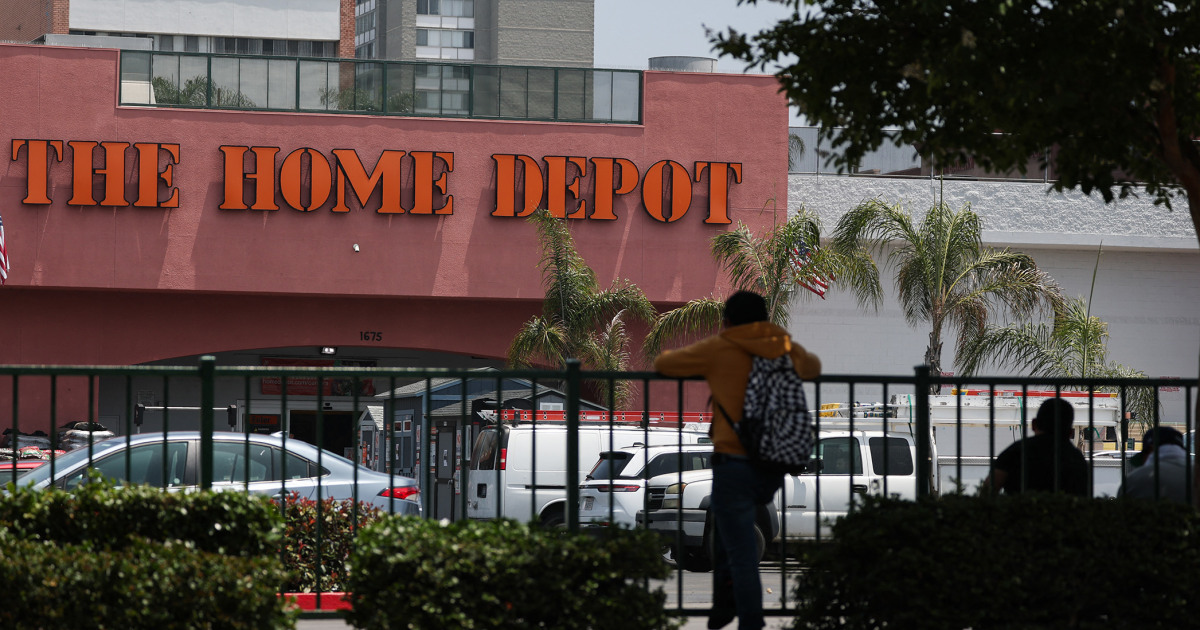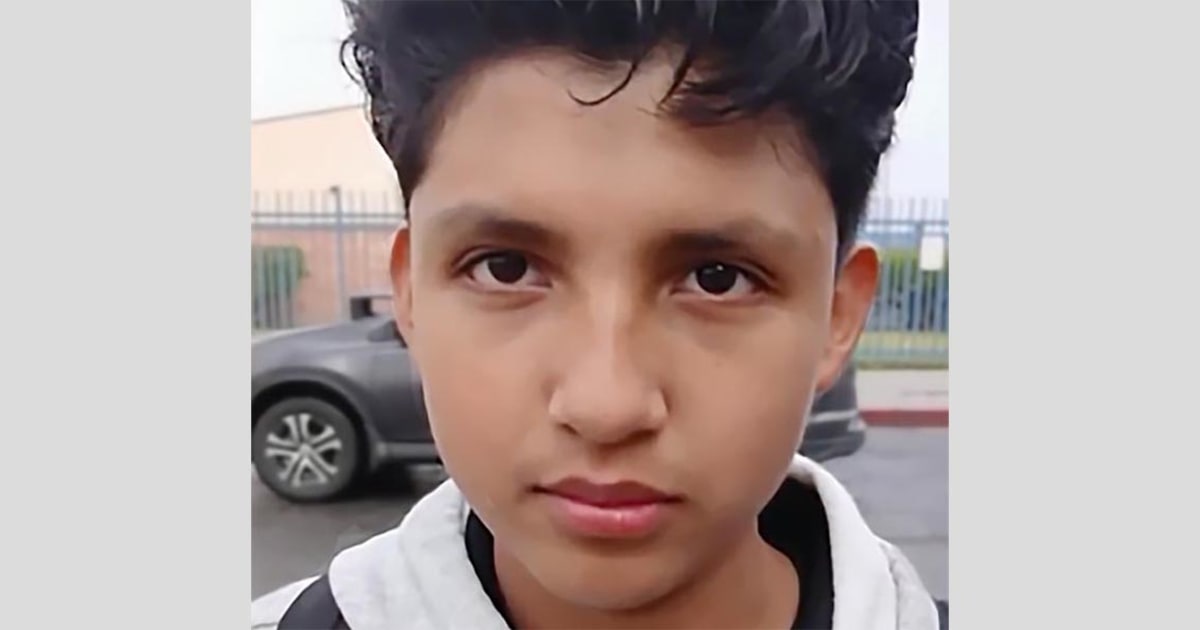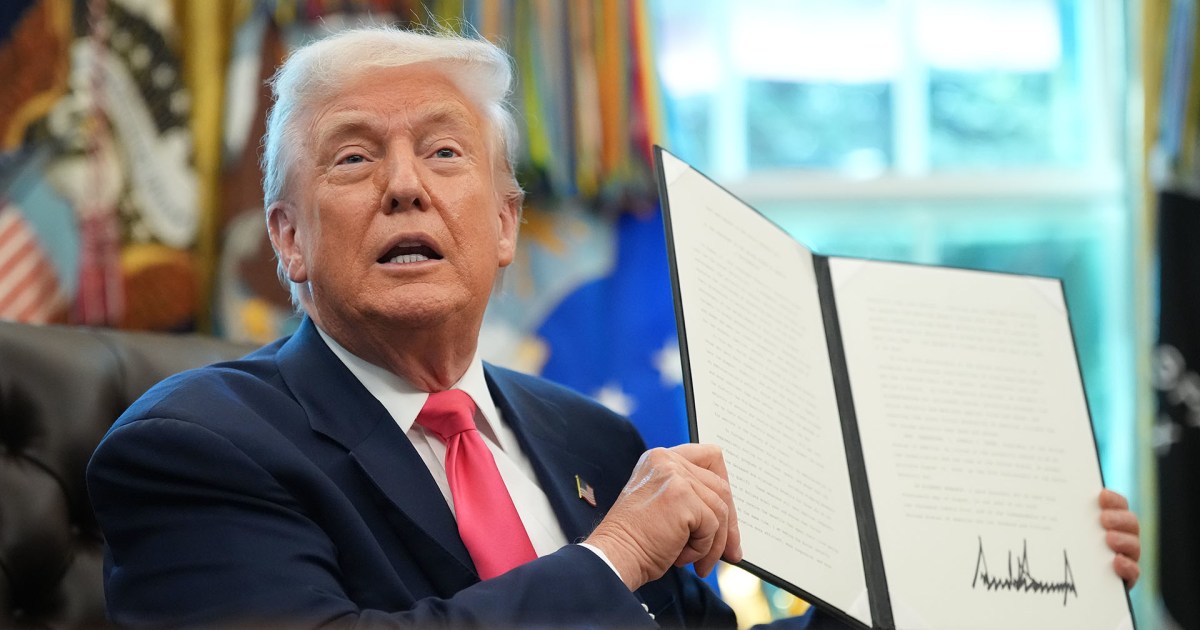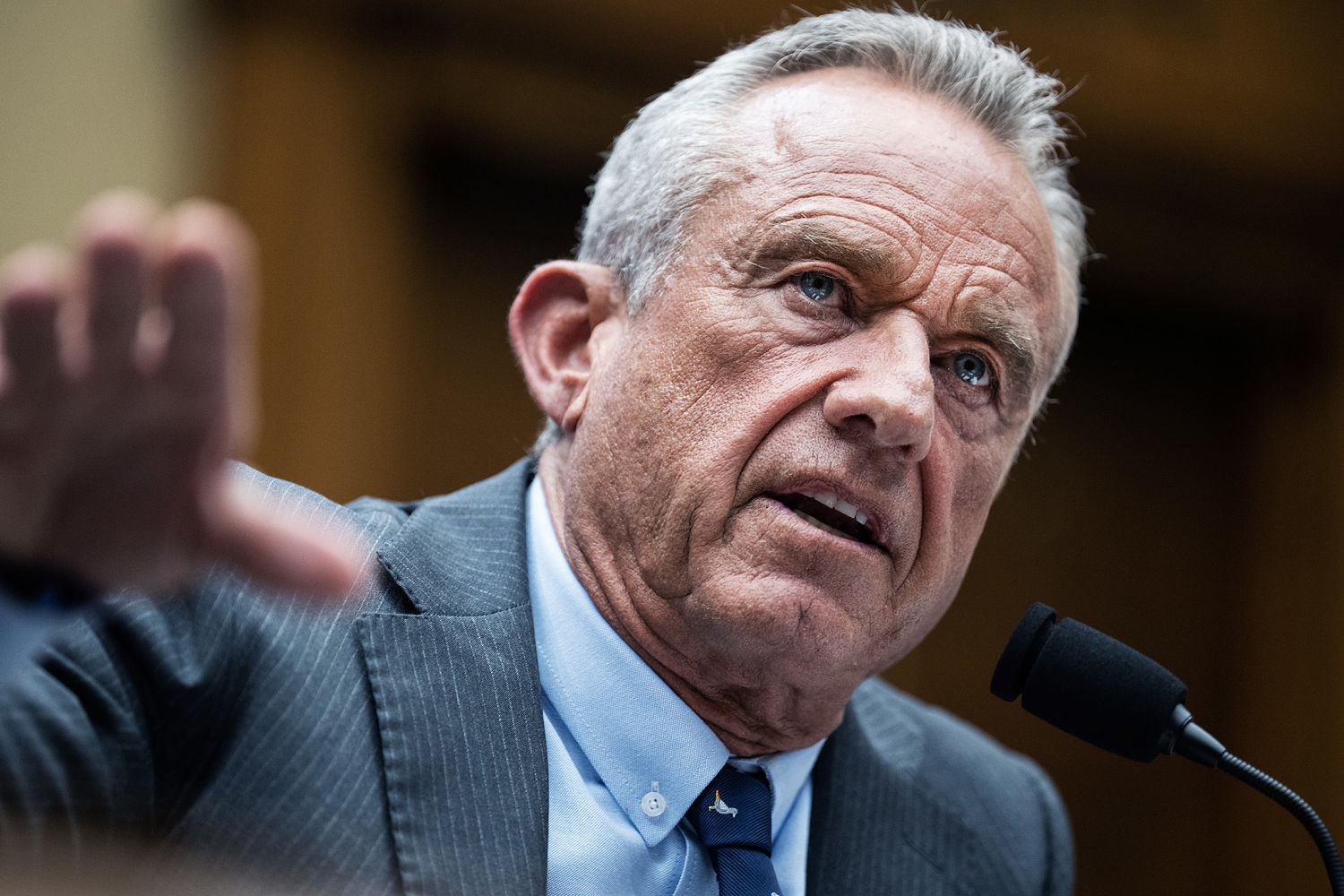
The Trump administration is terminating 22 contracts focused on developing mRNA vaccines and winding down additional federal investments in mRNA technology, Health and Human Services Secretary Robert F. Kennedy Jr. announced Tuesday.
Many scientists and infectious disease experts swiftly denounced the move as a broadside on an area of research seen as particularly promising after its use in rapidly developing Covid vaccines.
The projects that are being axed were funded by the Biomedical Advanced Research and Development Authority (BARDA), a Department of Health and Human Services program that works with the pharmaceutical industry to develop vaccines and other countermeasures for public health emergencies.
“This isn’t just about vaccines,” Rick Bright, who directed BARDA from 2016 to 2020, said in a text message. “It’s about whether we’ll be ready when the next crisis hits. Cutting mRNA development now puts every American at greater risk.”
“The Covid pandemic showed us what’s possible when science moves fast,” he added. “Dismantling that momentum now is like disbanding the fire department because the fire’s out.”
Kennedy said Tuesday that the terminated contracts were worth nearly $500 million. Among them is an award to the University of Texas Medical Branch and the biotechnology company Moderna to develop an mRNA-based vaccine for H5N1, the strain of bird flu that has infected dozens of people in the United States.
“After reviewing the science and consulting top experts at NIH and FDA, HHS has determined that mRNA technology poses more risks and benefits for these respiratory viruses,” Kennedy said in a video announcement on X.
“Let me be absolutely clear, HHS supports safe, effective vaccines for every American who wants them,” he added. “That’s why we’re moving beyond the limitations of mRNA for respiratory viruses and investing in better solutions.”
The move adds to mounting evidence that Kennedy, a high-profile figure in the anti-vaccine movement who softened his rhetoric after the presidential election and in confirmation hearings, is pursuing an aggressive anti-vaccine agenda that includes gutting a crucial vaccine advisory committee and cutting $2 billion from a program that supports vaccines for vulnerable children.
Kennedy has referred to Covid shots as the “deadliest vaccine ever made,” a claim contradicted by reams of studies that have found them to be safe. The Centers for Disease Control and Prevention estimates the vaccines saved more than 200,000 lives in the United States and prevented more than 1.5 million hospitalizations in the first 10 months they were available.
Many pharmaceutical companies have prioritized mRNA research because the platform can easily be updated to target new viruses or variants, and scientists see it as an important tool to prepare for future pandemics.
But mRNA technology has become a primary target for anti-vaccine activists who have argued — despite ongoing and sizable research — that it represents a massive safety threat.
Children’s Health Defense, the anti-vaccine group founded by Kennedy, applauded defunding mRNA vaccine projects under BARDA on Tuesday.
“While we believe that the mRNA shots on the market are unsafe and should be off the market, this is a welcome step in the right direction. The pandemic preparedness industry as it exists today is a threat to human welfare,” CEO Mary Holland said in a statement on X.
In his announcement Tuesday, Kennedy suggested that mRNA vaccines fail to sufficiently protect against Covid and flu, that they can be rendered ineffective by a single mutation and that they can even prolong pandemics.
But infectious disease and vaccine experts said he grossly mischaracterizes the science.
“That’s exactly why mRNA is so valuable: It’s the only platform where you can actually update the vaccine really quickly,” said Dr. Jake Scott, an infectious disease specialist at Stanford Medicine.
Terminating mRNA contracts under BARDA is “a very misguided, irresponsible and I would say reckless move,” Scott said. “It really does reveal a fundamental misunderstanding of how vaccines work and how a vaccine against a respiratory virus in particular should be expected to work.”
Kennedy said Tuesday that the BARDA funding would be shifted “toward safer, broader vaccine platforms that remain effective even as viruses mutate,” such as whole-virus vaccines, which use weakened or deactivated versions of viruses to trigger immune responses.


